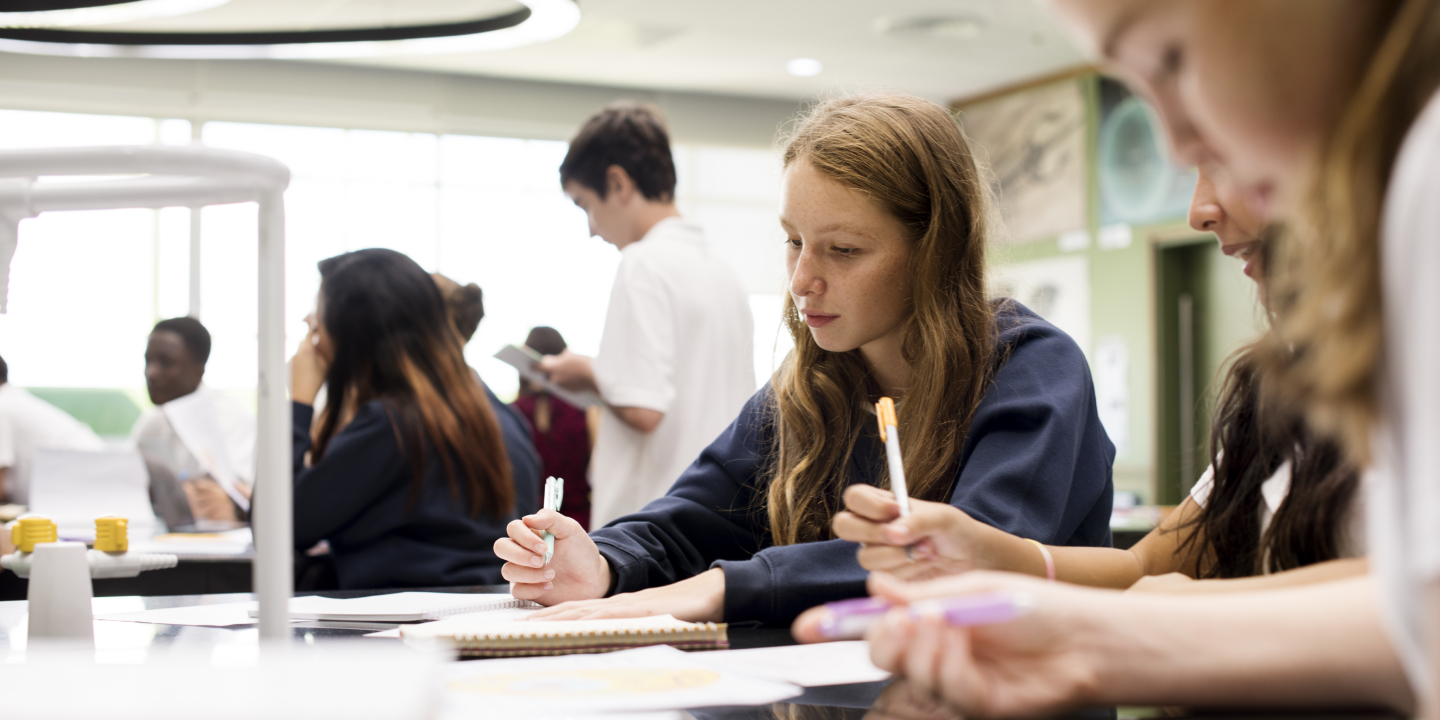
Reforming the New South Wales curriculum
ACER news 6 Jul 2020 4 minute readACER Chief Executive Professor Geoff Masters AO says state-wide consultations and submissions to the NSW Curriculum Review identified three aspects of the curriculum in need to reform.
Writing in Teacher, Professor Masters says many people saw curriculum reform as essential if young people are to be better prepared for their futures and the changing world of work. Particular concerns were:
- Many syllabuses contain too much material, leaving little time to explore concepts in depth
- Year-level curricula assume that every student should progress at the same rate, leaving some students increasingly behind
- Knowledge and skills are artificially separated, limiting opportunities for students to apply what they know and to learn the theory behind what they do.
‘Any one of these problems would be reason for reform. Considered together, they provide a compelling case for a new approach to the school curriculum,’ Professor Masters writes.
According to Professor Masters, a new curriculum should draw on research to identify a core of essential concepts, principles and methods in each subject, and map students’ progressive acquisition of this knowledge across the years of school. The key to maximising every student’s learning is to identify where individuals are in their long-term progress and to target teaching accordingly.
‘Successful learning depends on stretch challenges appropriate to the point a student has reached in their learning – not within their comfort zone or well beyond their reach,’ Professor Masters explains. ‘This requires a different way of structuring the school curriculum. Students should be able to progress through increasing levels of attainment in a subject without being in lock-step.’
Professor Masters says that every subject in the new curriculum should be a mix of theory and practice, in order to provide opportunities for students to apply what they know and to learn the theory behind what they do.
‘This expectation should then be reflected in assessment processes that include practical applications, meaningful projects and problem solving,’ Professor Masters writes. ■
Read the full article:
‘Towards a new curriculum’ by Geoff Masters, is published in Teacher.